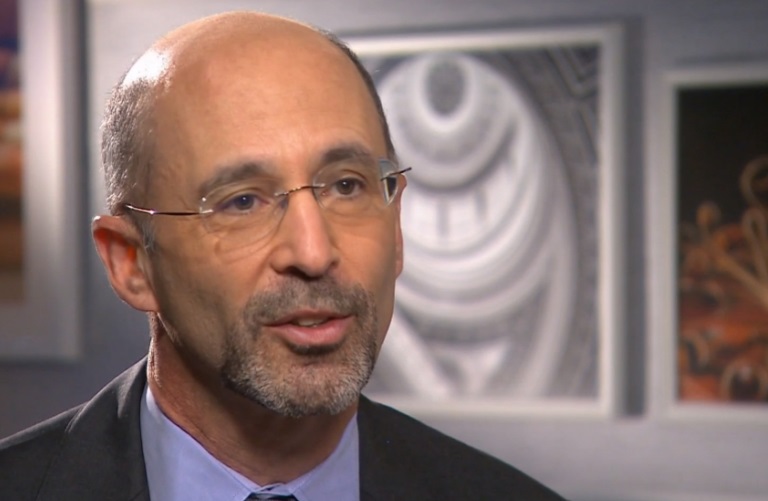The Biden administration is prioritising diplomacy in its relationship with Tehran, the US special envoy for Iran Robert Malley has told Al Jazeera on Thursday, stressing that reviving the Iran nuclear deal remains in the “mutual interest” of both countries.
“We’re fully committed to a mutual return to compliance with the JCPOA,” Malley said, adding, “We think there’s still time to do it if Iran comes back and says they’re prepared to roll up their sleeves and do it, too.”
His comments came as nuclear talks resumed in Vienna on Thursday, with a United States delegation headed by Malley expected to join the negotiations on the weekend.
Malley and his team have not been participating directly in the discussions, but engaging the Iranians through intermediaries from countries that remain parties to the 2015 deal – the UK, Russia, China, France and Germany.
Malley also reiterated Washington’s call for direct negotiations with Tehran, telling Al Jazeera that US negotiators are prepared to meet Iranian diplomats “at any time and any place”.
Iran previously rejected that offer, saying the US – which withdrew from the deal in 2018 under then-President Donald Trump – is no longer part of the agreement. Tehran is holding talks with the signatories of the deal as part of the JCPOA commission.
“We’re prepared to meet with them face-to-face,” Malley continued, adding, “We think it’s far superior to indirect negotiations. And we’re dealing with something this complex, with so much mistrust, with so much potential for misunderstanding.”
The US and European officials had voiced disappointment with Iran’s posture after the resumption of the Vienna talks last week, accusing Tehran of not showing seriousness in the effort to restore the pact.
The ongoing seventh round of negotiations was the first under Iranian President Ebrahim Raisi.
Asked about the prospect of a military confrontation with Tehran amid growing tension between Israel and Iran, Malley stated, “We are privileging the path of diplomacy. We think it’s the best way. It’s best for us. We suspect it’s best for Iran, but Iran will have to decide.”
Trump unilaterally withdrew from the JCPOA in 2018 and started a “maximum pressure” campaign of sanctions against the Iranian economy that his successor Biden has continued to enforce.
Tehran has been escalating its programme in response to Washington’s withdrawal from the pact.
Iranian officials say they want all the sanctions lifted immediately, while the US administration is calling for a mutual return to compliance that would see an end to nuclear-related sanctions and a scaling back of Iran’s nuclear programme.
On Tuesday, the Biden administration announced new sanctions against two Iranian security agencies and several officials linked to them, citing human rights abuses.
That prompted a rebuke from Iranian Foreign Ministry spokesman Saeed Khatibzadeh, who said on Twitter that “doubling down on sanctions won’t create leverage—and is anything but seriousness & goodwill”.
White House spokeswoman Jen Psaki noted on Thursday that the only way for Iran to get sanctions relief is to return to nuclear compliance with the JCPOA, however.
That was reiterated by Malley, who stated the US remained “prepared to get back into the deal as soon as possible – as soon as Iran is”.
“Then we would lift all of the sanctions that are inconsistent with the JCPOA. But in the meantime, we can’t stand by and not be prepared for a world in which Iran may be choosing to delay the programme, [and] try to build more leverage,” he continued.
“We obviously have to respond. And so, that’s what we’re doing. We’re preparing ourselves for that outcome,” he added.
